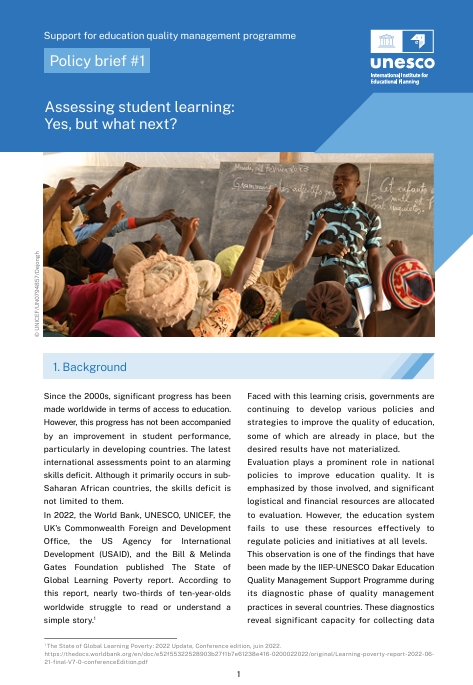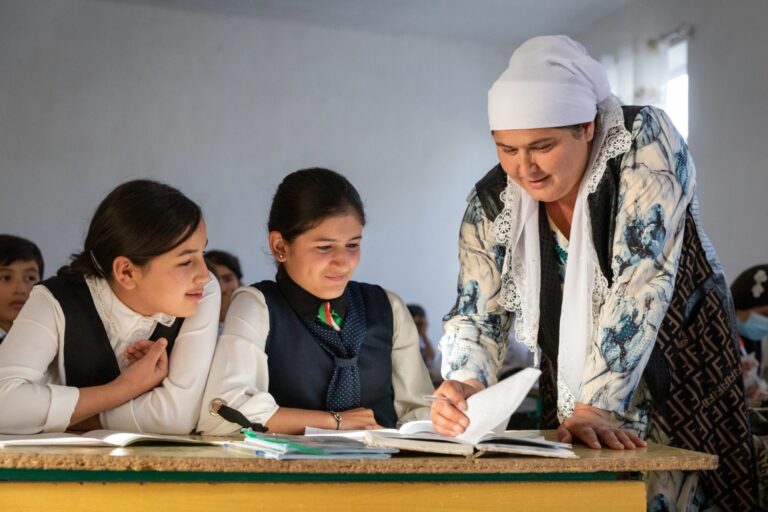By Richard Adams | 07 February 2018
Longer paid maternity and paternity leave offers parents the chance to spend more time with their babies – but the educational benefits for the child vary greatly, depending on their background and the parents’ qualifications, according to new research.
The research found that the children of highly educated, middle-class parents gained “large and significantly positive effects” in later exam results if their parents took longer periods of paid leave after they were born.
The effect was particularly significant for boys, according to academics from Warwick and Munich universities. Their research provides the first concrete results on how parental leave can affect children’s cognitive development.
The study also found that for parents with no post-school education, longer maternity leave equated to lower results in exams taken by their children as teenagers – although the authors said the effects were not as clear.
The researchers from Warwick and the Ifo Institute in Munich found no overall effect on children’s later results from extending parental leave from one to two years. But looking at the results in detail, they were surprised to reveal a strong split based on parental education.
Natalia Danzer, the deputy director of the Ifo centre for labour and demographic economics, said: “The striking thing when we looked at individual groups was the significant difference that depended on the educational background of the mothers. These are robust results that stood up through all types of tests.”
Danzer said the study was the first of its type to look at the extended length of maternity leave and long-term education results, thanks to a quirk in Austrian politics that saw the length of paid maternity and paternity leave double almost overnight.
The research by Danzer and Prof Victor Lavy of Warwick university – published in the February issue of the Royal Economic Society’s journal – uses data collected after Austria abruptly extended paid leave from one year to two years for children born after June 1990. Although the data comes from Austria, the similar levels of income and education in its population meant the findings were relevant for other developed countries, including the UK.
The authors compared the educational outcomes of children born on either side of the start of the new policy, using results from exams taken 15 years later.
The negative effects seen among the children of parents with lower levels of education “might be caused by reduced time and material resources”, in part because they left shorter gaps between having more children.
While the battle for paid maternity leave has been won in most developed countries, the subject of how generous it should be remains a live issue. Among developed countries, the average duration of paid leave for mothers has increased from 17 weeks in 1970 to about a year now.
About half of EU member countries grant paid maternity leave lasting 12 months or more. The US remains an outlier among developed economies by offering no national paid maternity leave.
The authors say the research is highly relevant in countries lacking sufficient formal childcare places outside the home for children under the age of two.
“To what extent such negative effects can be mitigated or reversed through a high-quality formal day care system is an open question,” the paper notes.
Previous research – published in the Quarterly Journal of Economics, which looked at the effect on maternal labour market supply – found that the doubling of paid parental leave had no effect on the medium to long-term employment and earnings of the mothers.






